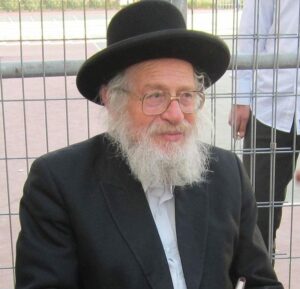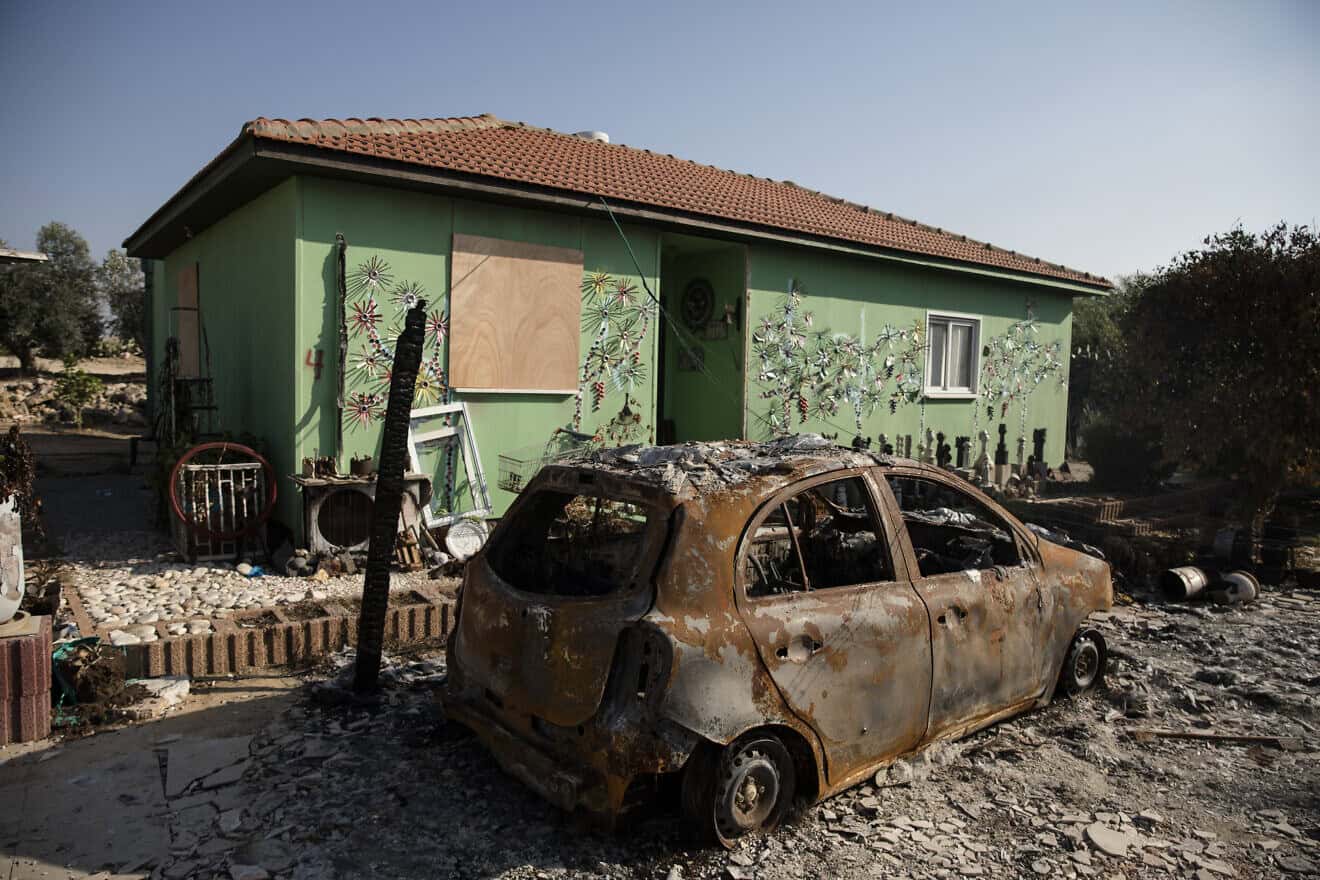One of the more beautiful aspects of my job is that I am privileged to interview amazing people. In 2018, I was honored to interview Rabbi Yoel Schwartz. Rabbi Schwartz was one of this generation’s most respected Torah scholars, a prolific writer, winner of the Moskowitz Prize for Zionism, and headed the Noahide court for the nascent Sanhedrin. I spoke to the rabbi about the somber day of Tisha B’av.
According to Jewish tradition, Tisha B’av, the saddest day of the Jewish calendar and a fast day, will be transformed into a joyous feast day in the Messianic era. Some rabbis argue that the day for this transformation has arrived.
Tisha B’Av, the ninth day of the Hebrew month Av, begins on Monday evening and ends on Tuesday evening. Within the sadness, Tisha B’Av planted the seeds of joy that will appear in the Messianic era, as described by the Prophet Zechariah.
Thus said God of Hosts: The fast of the fourth month, the fast of the fifth month, the fast of the seventh month, and the fast of the tenth month shall become occasions for joy and gladness, happy festivals for the House of Yehuda; but you must love honesty and integrity. Zechariah 8:19
According to tradition, the Jewish Messiah will be born on the ninth of Av. The laws pertaining to fast days that were established after the destruction of Solomon’s Temple made these days joyous holidays during the construction of the Second Temple and will be celebrated again in the Messianic era when the Third and Final Temple will be built.
But now that the Jews have returned to Israel and so many aspects of the final Redemption have appeared, some rabbis are asking if it is still necessary to fast on Tisha B’Av.
When I presented the question to Rabbi Schwartz, he surprised me with his response.

“Is it even permitted to fast on Tisha B’Av in our times?” Rabbi Schwarts asked. The rabbi cited a prophecy in Zechariah describing the Messianic era.
Thus said God of Hosts: There shall yet be old men and women in the squares of Yerushalayim, each with staff in hand because of their great age. And the squares of the city shall be crowded with boys and girls playing in the squares. Zechariah 8:4-5
“If you don’t believe this prophecy can happen, you need to realize that it has in fact already come about. I suggest you take a bus around Jerusalem,” Rabbi Schwartz said to me. He cited the Talmud (Tractate Rosh Hashana 18b): “When the Jews are free and living in their land, it is forbidden to fast.”
Nonetheless, Rabbi Schwartz ruled that Jews should continue to fast on Tisha B’Av.
“The main aspect of my fasting and mourning has to do with another tragedy: the destruction of the Jewish community in Gush Katif,” Rabbi Shwartz said, referring to the unilateral withdrawal by the Israeli government in August 2005 from Gaza. Seventeen Jewish settlements were destroyed, leaving almost 10,000 Jews homeless. Ironically, the day chosen by the government to carry out the eviction was the day after Tisha B’av, the tenth of Av.
Rabbi Schwartz noted that one catalyst that may bring about this end-of-days change on the Ninth of Av might be the Christians’ fasting on the Ninth of Av. Indeed, in recent years, a Christian prayer initiative, Nations’ Ninth of Av, has been working to reconcile the difficult history of Christian relations with the Jewish people.
So, as I prepare to fast on Tisha B’Av, I think about how one day, very soon, I will spend this day preparing for a feast. But this is not that time. This year is not that time. This year, it is tragically symbolic that the evil Islamist regime holding the people of Iran hostage has declared its intent to genocide Israel on Tisha B’Av. As we prepare for the fast, we pack bags of food and water, preparing for the worst. But hope is eternal, and I am praying fervently for my sadness to turn to joy.
At the same time, I am reminded that in less than three months, we will be celebrating Simchat Torah, the day Jews dance and celebrate the Torah. Last year, Simchat Torah was turned into a day of mourning as evil forces invaded Israel, brutally murdering our precious people. Last year, I was filled with joy as I watched my teenage sons build our Sukkah. But one week later, that Sukkah, built with so much joy, was taken down in sadness as we mourned over 1,000 Jews.
As I sit here today, I take comfort in the words of the Prophet Amos:
In that day, I will set up again the fallen booth of David: I will mend its breaches and set up its ruins anew. I will build it firm as in the days of old, Amos 9:11
In the aftermath of Oct. 7, I watched in horror as masses of people took to the streets to cheer the worst massacre of Jews since the Holocaust. I am also seeing a growing schism, separating the Jews of America from Israel as they choose to side with the “anti-Zionists”. I imagine myself on the shore of the Sea of Reeds, watching helplessly as so many of my brothers stand on the other shore, trapped in Egypt.
But I have discovered something to help mend my heart. The Holocaust was allowed to happen as the Jews faced unspeakable horror, a nation alone. Few non-Jews stood with us. In a manner that defies all historical precedent, many Christians are standing with Israel. It defies all logic. I believe they are answering a higher calling, an implicit Biblical message.
Jewish mysticism (Rashi, Deut. 33:2) has a tradition that the Torah is written black fire on white fire. Underneath the letters of the Torah written in black ink are letters that cannot be directly seen. I believe it is this Torah that these lovers of Zion are responding to. And, God willing, I will have the eyes to read the Torah in completeness, black fire and white fire together, in order to dance in joy on Simchat Torah, mourning for Israel’s missing children alongside my Christian friends.








